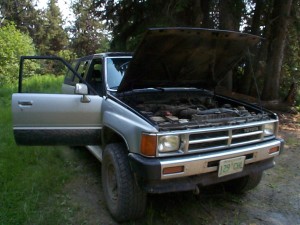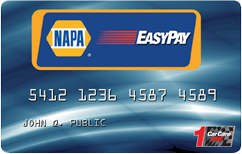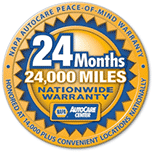Whether you are nudging along the I-5 on your commute or driving to one of our famous SoCal beaches, hot temperatures, stop-and-go traffic, and long idle times can damage your car. With temperatures getting into the triple-digits in the inland communities and hovering in the mid-to-high 80s elsewhere, regular exposure to high temperatures can cause your vehicle to overheat.
Low fluid levels, a leak in the cooling system, a clogged radiator, and broken fans can all cause overheating and cooling system repair. Vehicle overheating should not be taken lightly. It can cause your engine to seize, and engine repair is one of the most costly auto repairs there is.
Steps to Take When Your Car Overheats to Avoid Engine Repair:
- Kill the AC – When your car starts running hot, turn off the air conditioner and roll down all the windows. Running the AC puts more demands on the engine; it is hard for a hot engine to blow cold air. If you can tolerate it, turn on the heat to expel it from under the hood.
- If you are sitting in traffic, put the car in neutral. This will allow your engine to rest a bit. Avoid hard go’s and stop’s and aim to crawl as this puts less work on your engine.
- Pull over and turn off the vehicle (when it is safe to do so). This cannot be over stated. Do not try to drive it to the nearest repair shot that is just a few miles away. Do not try to make it to work or that important meeting. Just pull the car over and turn it off.
- Lift the hood and let the vehicle cool. Even on a hot day, it is cooler outside than it is under the hood. Doing so allows the heat to escape faster.
- DON’T remove the radiator cap! This is a dangerous mistake people make, which puts them at risk for a serious burn. Steam and pressure are already built up in the cooling system. If you release the cap while the system is hot, the steam and fluid will shoot out likely scorching you.
- Once the vehicle has cooled – and only after the vehicle has cooled – add coolant or water to the radiator. Perform your own cooling system maintenance and inspection for obvious leaks.
- If your does overheat, it might be best to get your car towed to a nearby repair shop. Though you may be tempted to do otherwise, it is best not to drive it. If it prevents the high cost of engine repair, the cost of the tow will be negligible.
Want more tips, take a look at our next blog post on how to prevent your car from overheating with these simple cooling system maintenance tips.







